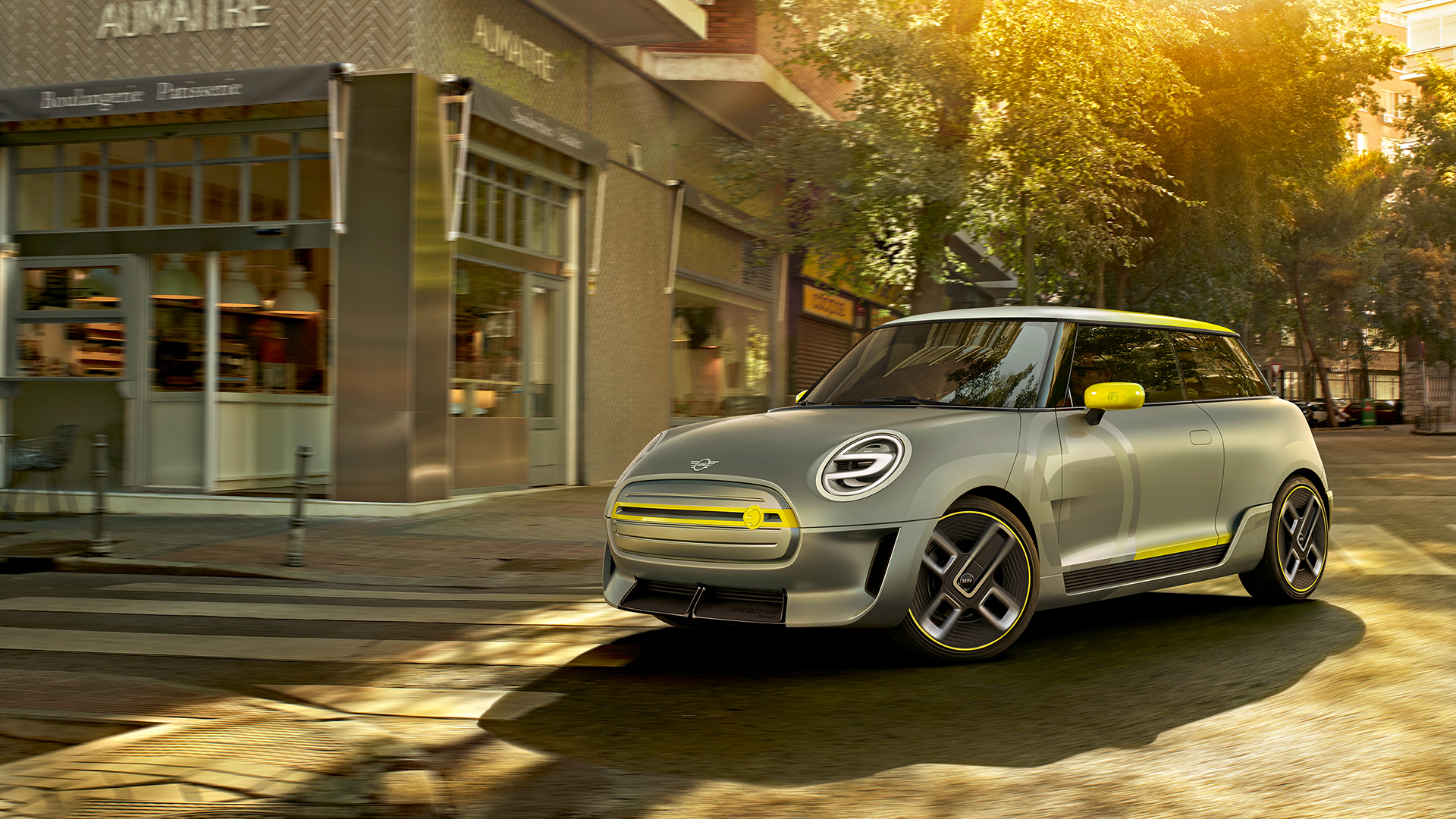

BMW was one of the first manufacturers to openly welcome the electrification of its vehicles with open arms earlier this year as its EV sales skyrocketed 50 percent. Shortly afterward, the German auto giant revealed its all-electric Mini concept and has been working to outfit parts of the world with fast charging networks. In an interview with Reuters, one of BMW’s board members confirmed that the company was in talks with various manufacturers around the world to find ways in which it could cut costs on electrifying its lineup of Mini-branded cars.
Peter Schwarzenbauer, one of BMW’s management board members, confirmed that BMW has been speaking with manufacturers from around the world, including China, on best practices for electrifying its Mini-branded vehicles without breaking the bank. As the manufacturer readies its contribution to the electric market for release in 2019, it’s quickly running out of time to improve the lineup and make any final decision changes.
One of the greatest challenges that BMW has historically faced with electrifying its Minis is the limited range that can be obtained from a single charge. Although being “mini” is one of Mini’s selling points, it’s also one of its greatest drawbacks when trying to fit today’s battery technology in such a small footprint. If BMW is trying to appeal to a broader audience in the United States, it will likely need to step up its range game by continuing to invest in researching newer battery technology or finding other mechanical solutions that could extend the range of the car.
In referencing its latest Mini electric concept, BMW has referred to the Mini’s range as “fine”, but has not yet elaborated on just how far the car can travel on a single charge. It has also mentioned that the vehicle’s ideal audience lives in an urban setting and uses it for day-to-day commuting, hinting that its range may be similar to the BMW i3, which can travel around 100 miles using a 33 kWh battery pack.
Mini sales have fallen nearly 10 percent in the United States since January, something which may be attributed to the popularity of crossovers and other larger vehicles. Schwarzenbauer feels that the way to reverse this trend is to build Mini in the “direction of the electric urban mobility company.”
Should BMW be able to attractively price its electric Mini, it could very well be a welcomed into the lineup of smaller urban commuters sold in the U.S., however being able to compete outside of environments with a dense charging network will be difficult if the manufacturer is unable to improve its limited range. Hopefully, during its talks with other manufacturers, BMW is able to solve its manufacturing concerns and produce a lineup of vehicles which satisfy the demands of its consumers.